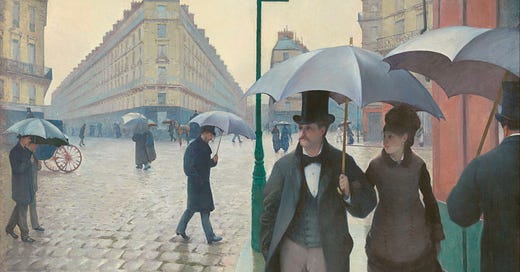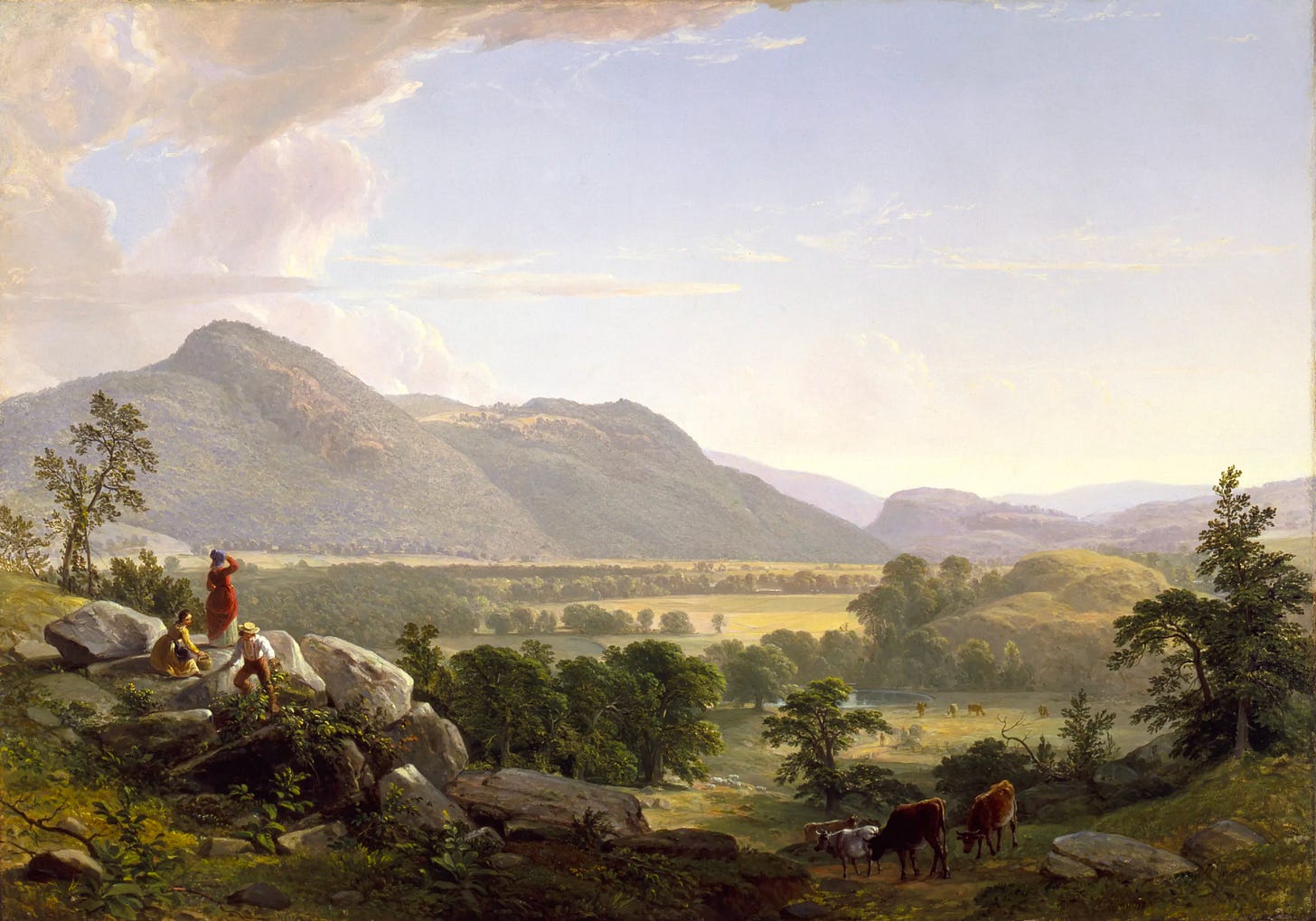The architecture of startups less resembles building a skyscraper — with their finality and precision — and is more akin to cultivating a growing cityscape. Cities are in perpetual flux and expansion. While elements will remain, the change is constant. Startups and digital products share this fluidity.
Today we see great architecture as timeless and absolute. It is a reason that building is such an adaptive metaphor. But so many were the result of disruptive evolution in their respective cities: Paris’ 19th century Hausmann blocks were regarded as a "destruction of Paris."
While you can visit a Hausmann building, you can never return to Belle Epoque Paris. Startups are similar. Just as you cannot revisit Paris in the 1870, you can’t revisit early Twitter and its close-knit community of 2008.
High growth startups embrace this state of fluidity. The timeless aspects are not product design or features — they are principles, customer focus, and dedication to certain ideas over others. Adopting this perspective shifts the focus from crafting a single, unchanging vision, to embracing the dynamism of the moment in time.
This approach has been helpful in the development of early startup ideas and narratives. Envisioning an early-stage company as a pioneer town within a newly settled valley prompts several questions:
What will it stand for?
What resources does it have?
Who will lead it?
Why will it attract the 100th settler?
And crucially, what aspects will endure a century from now?
No one ever expects cities to be static (except maybe NIMBYs) — nor should startups. To thrive, both must transform over time, withstanding fleeting generations and demands while ensuring strength in foundational principles and visions.






That Caillebotte is one of my all time favourite pictures. But I like the idea of thinking about my startup as a "Friedrich of opportunities". If you take into the account the odds though, perhaps the muddy bug-infested venetian lagoon pre-settlement is a more apt visual. And I can definitely get behind the story that followed :)